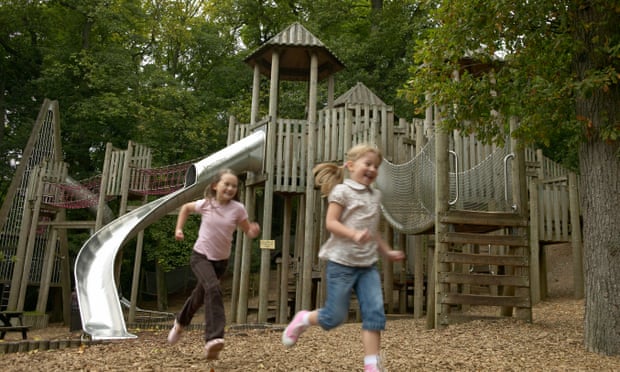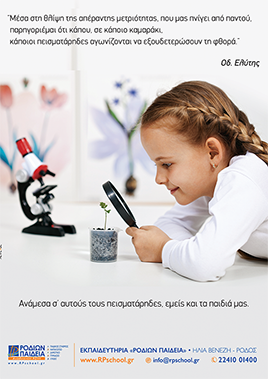Parenting should get easier over time, not harder. Your role should be to gradually work yourself out of a job.
By Daisy Turnbull Brown
Being told to parent your child less sounds pretty good. That is exactly what multiple authors are now telling us: that today’s kids are less resilient, less able to self-regulate, less respectful and carry less responsibilities – all because of overparenting. Judith Locke argues that this has led to hyper-responsive parenting, which in turn makes very few demands on our kids. This hugely impacts a child’s ability to develop key skills that they need to be successful adults.
Jonathan Haidt argues that we are not giving children the chance to play outside. He notes that today’s children on average only first play outside unsupervised from the age of 10 to 12, where for us it was more like five or six. This is in a time where society is by all accounts safer than it ever has been. What began as legitimate safety concerns in the 1990s has led to a situation where even if parents intellectually supported free play, no one wants to be the first parent to let their kid bike ride to the grocery store and buy some milk, lest they are judged.
Haidt also argues that children are not given the opportunity to take risks, which means they have very little understanding of their own safety, and can often take too great a risk, or too few risks, as adults. He calls this the “myth of fragility” and instead argues that failing in life, whether it’s on the monkey bars or on the jungle gym, will make us stronger, not weaker. Haidt says this myth has led to the rise of university students requiring “safe spaces” because they can’t regulate their own safety.
As a director of positive psychology, my family often has to put up with me “testing” interventions on them. We practise gratitude activities at dinner. We have a character strength we work on each week – this week it’s leadership. We finish every sentence that starts with “I can’t” with “yet”, generally followed up with “well, you couldn’t read last year and look at you now!” So I am trying to figure out what I can actually do at home to parent less and give my children more space to try, fail and grow from it.
Be less responsive
It can be very easy to drop everything if you hear your child call out your name. You know the difference between “Muuuum can I have an apple” and “I FELL DOWN THE STAIRS”.
Do you notice yourself getting up and going to wherever your child is when they call, when in fact their legs are just as strong as yours? Be a bit less responsive.
I tried this the other day. Alice (three) had picked up a toy guitar and conveniently placed it on the kitchen floor before walking into another room and asking me to play with her. A combination of demanding (asking her to put the guitar away first) and a decrease of responsiveness (not walking into the room until she had done so) meant she ended up finding something else to do.
By being less responsive, children become more resourceful. That’s a good thing.
Give them space in the playground
Playgrounds these days are really safe. I say this as the mother whose once two-year-old broke his arm climbing up a slippery dip. That wasn’t the playground’s fault, that was just bad luck and a two-year-old confidence versus competence ratio being a bit out. The good news is his arm is fine and he doesn’t climb up slippery dips anymore.
Yet I see parents hovering around the play equipment ready to catch their child. By giving them more space, they learn to check where their parent is when they need to, and how to find them. They figure out what regulation they need. For the best example of excellent playground parenting, I suggest the ABC Bluey episode “Bike”.
Teach them how to learn a new skill, when you have time
Kids learn stuff. Sometimes they just learn it (like the code to my iPhone) and sometimes they need to be taught. That can be difficult. When Jack was three and I was a month out from finishing maternity leave with Alice, we would be in a battle of the wills teaching him to dress himself. He won the first few days, but I won the war. He was dressing himself for daycare by the time I went back to work.
Rising cases at schools of children not knowing how to tie shoelaces or pack their schoolbag or open a yoghurt tube are because parents have not given kids the opportunity to fail multiple times before conquering a new skill. It is really stressful and takes time, but once they can do it, your job just got a bit easier. So don’t time it with when you have a lot going on at work or are moving house – do it during the holidays or when life is a bit calmer. This isn’t just for little kids – it could be learning to cook, or do laundry, or organise the logistics of family sport.
Haidt said: “The role of the parent is to work yourself out of a job.” So let it get easier, not harder.
Find some kids, get them playing
OK, this one is trickier and very much dependent on your child’s age and your location. But parents need to move beyond the “playdate” towards “free play”. Children need time to work friendships out themselves, explore and do all that idyllic stuff we did as kids before they are so old they just want to play Fortnite. Now, the law does become an issue here and I can’t actually find when it is OK to let children play outside. But if you think your kids are old enough and there are other children in your neighbourhood, maybe agree on a time of day your children can play outside with others in the neighbourhood. The organisation letgrow.org has some excellent suggestions on how to start this in your family, your school or your community.
And until then, make some plans to be ready for it – teach your younger children your mobile number, make sure they know your address, and ask them which way to get home to make sure they know.
The change from previous generations of parenting to today’s was gradual – it did not happen in one fell sweep of balance bikes and screen time statistics. Similarly, the process of unparenting will be slow as well, not only as children mature, but as we develop our expectations of the adults we want our children to be.
• Daisy Turnbull Brown is director of positive psychology at St Catherine’s School in Sydney.
Source: https://www.theguardian.com/commentisfree/2019/aug/06/heres-how-you-can-parent-less-and-give-your-children-space-to-try-fail-and-grow-from-it















